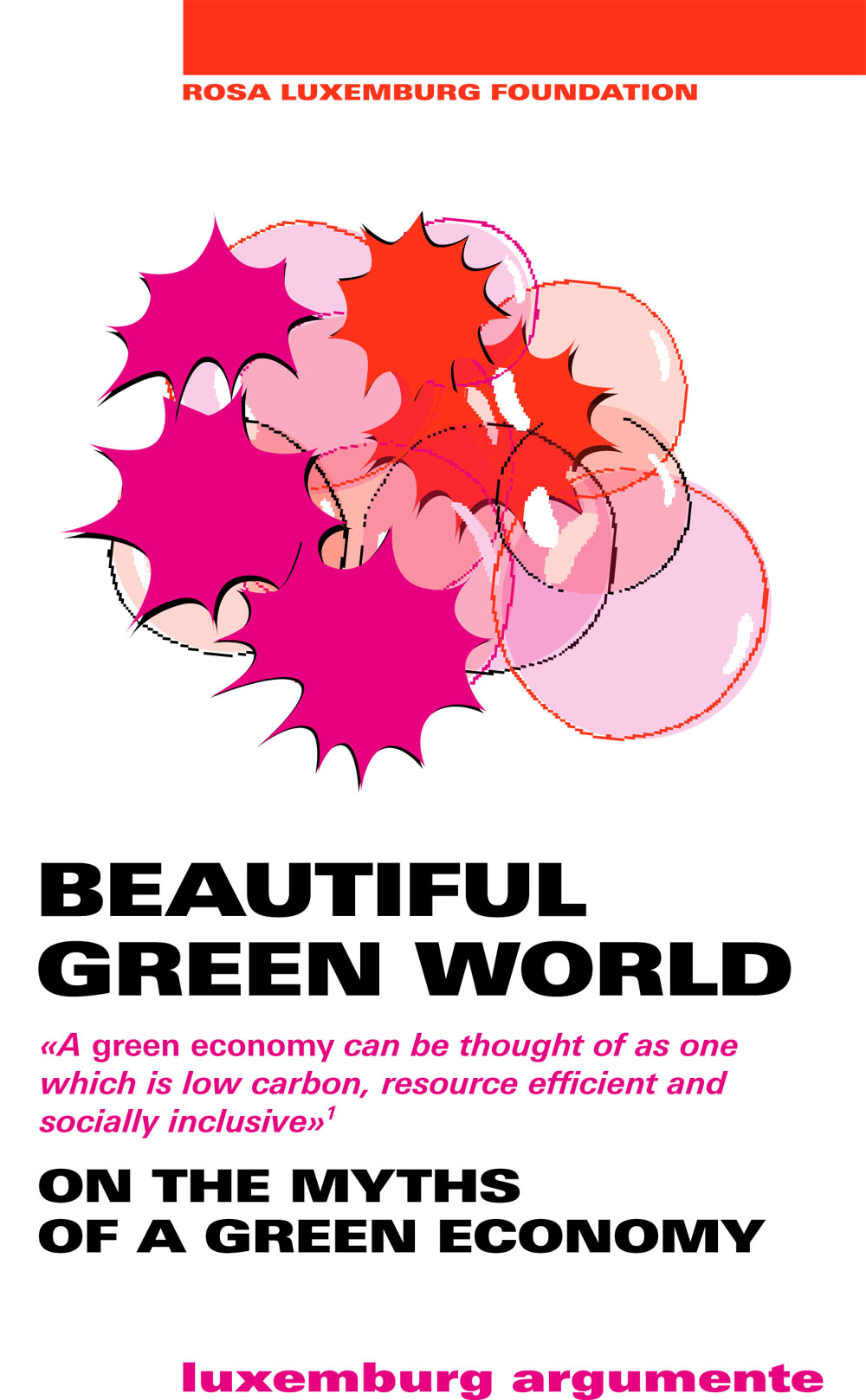Die Linke
Germany: Union militant on how wind-power development is held to ransom for profit

Wind turbine towers at Bremerhaven port. Photo by Lucy Alcorn.
Germany: Far-left Die Linke becomes third biggest party in parliament

Members of the left-wing Die Linke celebrating their victory over the Greens, and the demise of their rivals the FDP.
European left statements against the threat of US-led war on Syria (updated Sept. 3)
Below are a number of statements (or news reports of statements) by European left parties on the crisis in Syria.
Murray Smith: The real European left stands up

By Murray Smith
Jean-Luc Mélenchon, Die Linke salute Hugo Chavez's socialist vision
Above: March 6 press conference by Jean-Luc Mélenchon (Front de Gauche, Left Front) on the death of Venezuela's President Hugo Chávez Frias.
l’Humanité interview with Jean-Luc Mélenchon, spokesperson Front de Gauche (Left Front), France, translated by Dick Nichols
March 7, 2013 -- You have always supported the revolutionary process in the Venezuela, why?
We need to place the Bolivarian Revolution in its continental and historical context. The collapse of state communism was presented to the whole world as the end of history for communist and socialist sentiment and aspiration. But the flame flared up again in South America because the new age of capitalism had made that continent its proving ground. Neoliberalism was tried out there by military dictatorships on the one hand and by Operation Condor and CIA acts of violence on the other. The policies which then got applied were the same everywhere: free and unbridled competition, monetarism and deregulation, leading the whole continent to disaster. It is in this context that the revolutionary flame flared up again. Bolivarian Venezuela has occupied a special place: not only has been it been built on democratic foundations, but it has outmaneuvered the criminal plans of the opponent by peaceful and popular action.
Germany: Red Pepper interviews new Die Linke co-leader Katja Kipping

Emma Dowling speaks to Katja Kipping, new co-chair of Germany's Left Party (Die Linke)
November 2012 -- Red Pepper -- With 76 seats out of 622 in parliament, Die Linke is Germany’s fourth-largest party. It was founded in 2007 in a merger between the Party of Democratic Socialism (PDS) and the Electoral Alternative for Labour and Social Justice (WASG). Members of the PDS were predominantly East German and many had also been members of the Socialist Unity Party, the former ruling party of East Germany. WASG, meanwhile, was predominantly West German and made up of trade unionists and social movement activists, as well as social democrats who had left the German Social Democratic Party.



